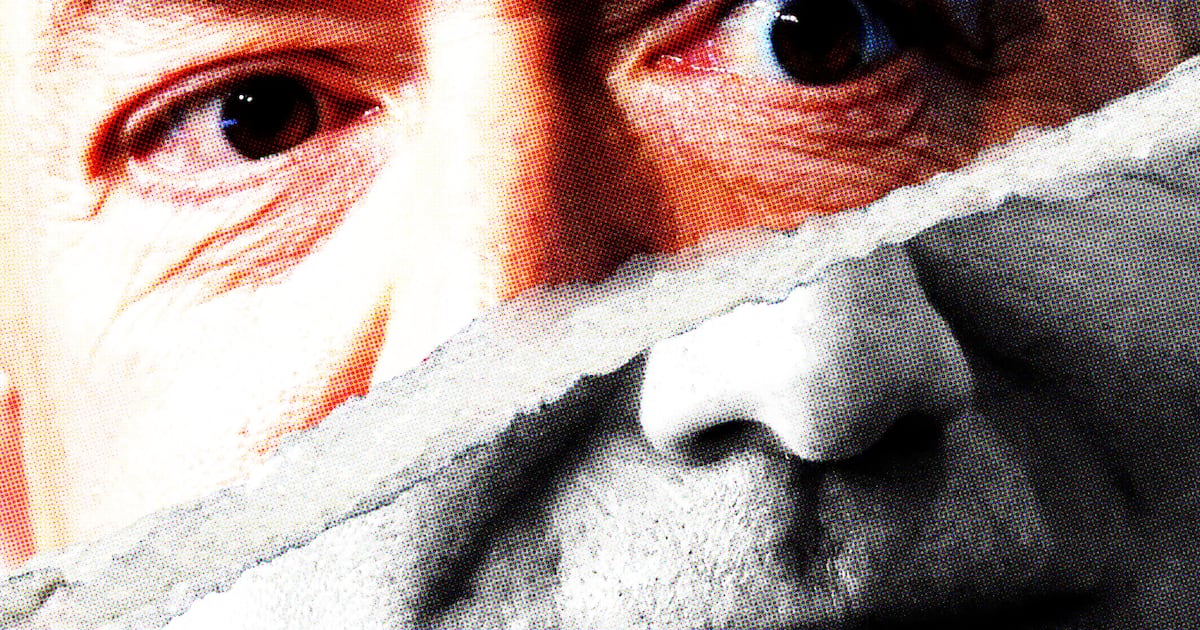
“Etta transcended everything,” says Darnell Martin, the 44-year old writer and director of the fantastic Cadillac Records, a film in theaters now that chronicles Etta James and her label mates at Chess Records in the 1950s and ‘60s. “She was blues meets rock’n’roll meets elegance. She was just this whole other type of crossover, bridging race, age, and class.”
Who better to play Etta in the film then, than Beyonce Knowles, a reigning pop diva in her own right? Like Etta, Beyonce possesses enough refinement to radiate glamour at public appearances, but enough musical grit and spunk to capture a wide swath of ears. “I wrote the part for Beyonce,” Martin admits. “I remember meeting her and thinking I would have to convince her, but when we sat down, she and her mother were already talking about how important this story was to tell. It was the music that inspired her to take the plunge. It’s always been about the music.”
“I’ve seen men hit their actors, and it’s not considered a problem. But if you are a woman, and you have strong ideas, you can very easily become a bitch and not work again.”
ADVERTISEMENT
Though Martin was fortunate to score Beyonce for the film (who churns out a surprisingly thorough and captivating performance—when she croons the torch song “I’d Rather Go Blind,” Knowles’ voice almost feels too heated, as if it might suddenly burst into flame), the director had no trouble convincing Jeffrey Wright to embody Muddy Waters or Mos Def to play Chuck Berry. “I’ve known Mos Def since he was named Dante Beze,” laughs Martin. “People don’t realize that he is brilliant, and was an actor who became a rapper.”
Cadillac Records just might put Martin on the shortlist of both influential female and African-American filmmakers working today. The movie is a labor of love for Martin—a rare glimpse inside the world of Howlin’ Wolf, Little Walter, Muddy Waters, and a few of the more forgotten musicians of early Chicago rock’n’roll—and unlike many other depictions of that era, the film offers a nuanced look at the race relations between black musicians and their white producers.
Martin shows Leonard Chess (Adrian Brody) as having a surprisingly tender hand while making money off of his stable of talent—a yearning love scene between Brody and Beyonce is the high point of the movie—and shows that just as he is exploiting his musicians, they too co-opted songs and riffs from other influences along the way. Martin’s musical world is a complex one of mixing, re-mixing, and blending; a more subtle treatment of the evolution of rock’n’roll than the big screen has seen in some time.
“Cadillac is not the story of Black music,” she says. “It’s story of popular music—the whole British invasion was actually the Black invasion—the songs went to England first and came back at us through the UK. There is no one origin.”
The movie is also phenomenally acted, in part because Martin did not want her actors to do impersonations, but rather sketch out their own characters inspired by the music. She says, “I loved Lady Sings the Blues because Diana Ross did not imitate Billie, she gave her interpretation, which made the music for me, much more accessible. It brought me to Billie Holiday's music in a way I never would have been brought to it had I not seen Diana in the role. My dream is that Beyonce and Mos can bring kids today to Etta, to Chuck Berry, to Little Walter. I want their music to fly off shelves! Can you imagine if children started playing the harmonica again?”

Martin says that with every movie she writes, she wants to “try to work something out in my own life,” whether it be her Bronx childhood, her current struggles as a single mother, or in the case of Cadillac Records, the idea of pursuing success despite heavy obstacles.
“All the people in Cadillac are orphans,” she muses. “Wolf didn’t have parents, Muddy didn’t have parents, Leonard Chess in way didn’t—his mother had a heart attack. And all of them were searching for something to make it ok. Music became a surrogate—Howlin' Wolf said it best: it feels good not to have a daddy. Many people including myself are wounded in this way, and the art becomes the cure. Music is therapeutic in a way, its like going to a shrink. That’s why you hear the pain in it. Pain and triumph too.”
Martin’s own climb hasn’t always been easy. She has been entrenched with the music world since the early 1990s, when she started making hip hop music videos (Will Smith, Kool Moe Dee) to pay her way through graduate film school at NYU. Originally from the South Bronx (and raised by a mother in an African fire-dancing troupe), Martin says she was inspired one day to take up directing when she read William Faulkner’s Light in August as a teenager. “I really wanted to make the book into a movie right away,” she explains.
With early mentors like Spike Lee—she worked as a second camera on Do the Right Thing—and cinematographer Ernest Dickerson ( The Wire) behind her, Martin sold her first movie, I Like it Like That, to Sony in 1993. The film offered a glimpse inside the music and multiracial culture of the Bronx, following a dysfunctional Latino family and their interactions with white Manhattan culture. The film was critically acclaimed, and also gave Martin the distinction of being the first ever African-American woman to write and direct a film with the financial backing of a major studio.
Though this honor should have rocketed Martin to the top of every studio list, she struggled to make her next film, Prison Song, starring Q.Tip and Mary J. Blige, which never made it to theaters. After such a promising and heralded beginning, she settled for almost a decade into television work, directing episodes of Oz, Law & Order, Grey’s Anatomy and Life on Mars. Though she claims her status as an African-American woman has little to do with her stops and starts, Martin does admit that it has been difficult to find a real place in the industry.
“I can’t say it hasn’t been hard,” she says. “But then I’d be accused of playing the race and sexism cards, and I don’t want to do that. You see, as women, we are supposed to be egoless, to flesh our egos so that other people can stretch theirs. Female directors have to dance around their visions in this way that males do not—I’ve seen men hit their actors, and it’s not considered a problem. But if you are a woman, and you have strong ideas, you can very easily become a bitch and not work again.”
Rachel Syme is culture editor of The Daily Beast.





